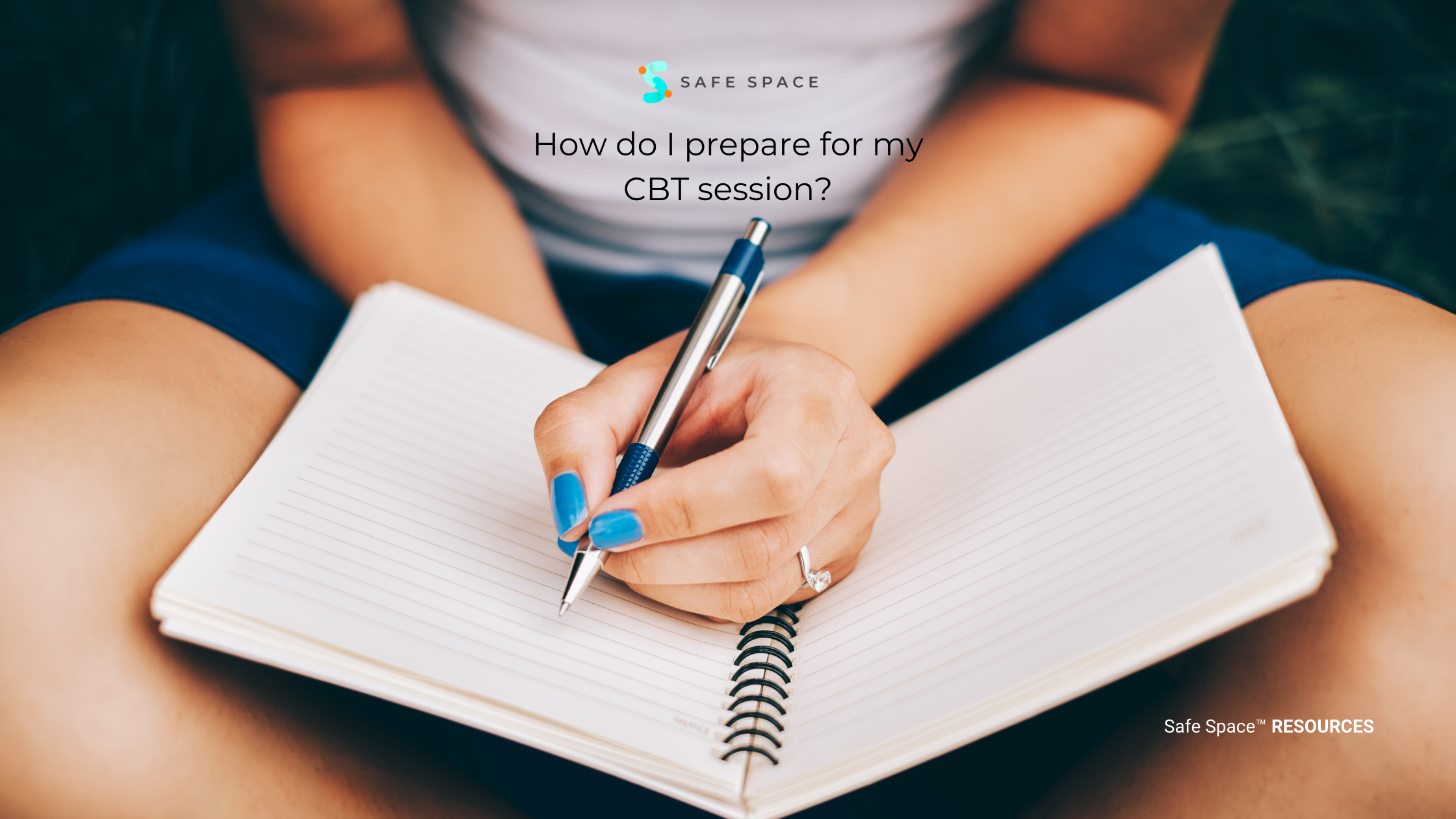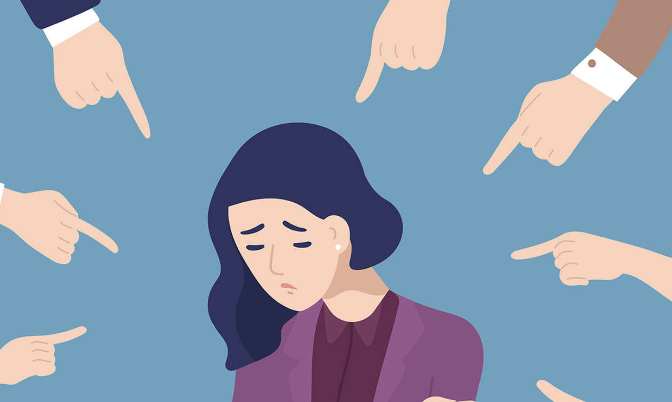Cognitive Behavioural Therapy, or CBT for short, is a type of therapy that is effective in treating various mental health conditions. It is based on the idea that our thoughts, feelings, and behaviours are all interconnected and that by changing the way we think, we can also change the way we feel and behave. This comprehensive guide will explore cognitive behavioral therapy, how it works, and who can benefit from it.
Cognitive Behavioural Therapy is a cognitive modality that focuses on our thoughts and how we think about things. It is one of the most evidence-based therapies available and effectively treats a range of mental health conditions, including anxiety, depression, bipolar disorder, and Post-Traumatic Stress Disorder (PTSD).
How Does CBT Work?
Depending on the treatment condition, several different cognitive behavioural therapy techniques can be used. However, generally speaking, CBT works by helping people identify and challenge their negative thoughts and beliefs. This involves taking a step-by-step approach to understanding how our thoughts influence our feelings and behaviour. Once these connections have been identified, we can start to work on replacing our negative thoughts with more positive ones.
Cognitive behavioural therapy can be used to help people of all ages. It is often recommended for children and adolescents who are experiencing difficulties at school or with their peers and adults who are struggling with mental health conditions. However, it can also be helpful for people who want to improve their well-being and live happier lives.
There are a number of different cognitive behavioural therapy techniques that can be used depending on the specific condition being treated. However, generally speaking, CBT works by helping people identify and challenge their negative thoughts and beliefs. This involves taking a step-by-step approach to understanding how our thoughts influence our feelings and behaviour. Once these connections have been identified, we can start to work on replacing our negative thoughts with more positive ones.
Cognitive Behavioural Therapy, or CBT as it is more commonly called, is one of the most popular forms of psychotherapy today. Developed in the 1950s, cognitive behavioural therapy is a form of talk therapy that focuses on how our thoughts affect our emotions and behaviours. It is a cognitive modality that focuses on our thoughts and how we think about scenarios in our lives.
Dr. Aaron Beck first developed cognitive behavioral therapy and explored how our thoughts influence our emotions and behaviours. He noticed that many of his patients with depression were stuck in negative thought patterns and that by challenging these thoughts, they were able to improve their moods and symptoms.
Since then, cognitive behavioural therapy has been shown to be an effective treatment for a variety of mental health conditions, including anxiety, depression, bipolar disorder, and post-traumatic stress disorder (PTSD). As a result, cognitive Behavioural Therapy is now considered one of the highly recommended modalities of therapy in the world.
CBT Targets Cognitive Distortions
One reason why CBT may be so effective is that it targets cognitive distortions.
CBT is based on the idea that our thoughts, feelings, and behaviours are all interconnected. When one area is out of balance, it can affect the others. CBT helps restore balance by targeting cognitive distortions (unhelpful thoughts), emotional regulation, and maladaptive behaviour patterns.
There is a lot of research evidence supporting the use of CBT for a variety of mental health conditions. However, these are unhelpful ways of thinking that often lead to negative emotions and problematic behaviours. For example, someone with a cognitive distortion might believe that they are a terrible person and deserve punishment, leading to feelings of guilt and self-hatred. CBT helps people become aware of these thoughts, question their validity, and replace them with more helpful ones.
CBT is also effective in helping people regulate their emotions. It teaches people how to identify and tolerate difficult emotions rather than avoid or suppress them. This can be especially helpful for people who tend to bottle up their feelings or react impulsively. Additionally, CBT can help change maladaptive behaviour patterns. For example, someone who has problems with anger management may learn how to use coping strategies such as relaxation techniques instead of lashing out in anger.
So, cognitive behavioural therapy works by targeting cognitive distortions, emotional regulation, and maladaptive behaviour patterns.
Is CBT (Cognitive Behavioural Therapy) right for me?
Cognitive behavioural therapy is a type of psychotherapy that can be beneficial for a variety of mental health conditions. However, it is important to note that CBT is not suitable for everyone.
If you are considering cognitive behavioural therapy, it is crucial to speak with a qualified therapist who can assess your needs and determine if this approach is right for you. Some factors that will be considered include the severity of your symptoms, your personal history, and any other treatments you may have tried in the past.
It is also important to remember that CBT requires effort and commitment from both the therapist and the client. If you are not willing to put in the work, cognitive behavioural therapy may not be right for you.
However, if you are willing to try it, cognitive behavioural therapy may be the proper treatment for you.
If you would like more information on cognitive behavioural therapy, book any of our Safe Space™ Therapists who have expertise in CBT.

How Do I Prepare for my CBT Session?
If you are considering cognitive behavioural therapy, you can do a few things to prepare for your first session.
First, take some time to reflect on what you hope to gain from therapy. What are your goals? What would you like to change about yourself or your life?
Second, make a list of any questions or concerns you have about cognitive behavioural therapy. For example, are you worried that the therapy will be too painful or uncomfortable? Do you have any specific questions about how the process works?
Third, try to be as open and honest as possible with your therapist. It is crucial to build a strong therapeutic relationship for cognitive behavioural therapy to be effective.
Finally, be patient and give yourself time to adjust to the therapy. It may take a few sessions before you start to see results.
In summary, remember to do your homework internally. You can explore by journaling about the notes below:
- Reflect on what you hope to gain from therapy
- Make a list of any questions or concerns you have about CBT
- What are the top considerations you want to ask your therapist during your first session?
What Should I Be Looking For In My CBT Therapist?
When looking for a cognitive behavioural therapist, there are a few things you should keep in mind.
First, make sure that the therapist is qualified and has experience treating cognitive behavioural therapy.
Second, find a therapist with whom you feel comfortable talking.
Third, be patient and give yourself time to adjust to the therapy. It may take a few sessions before you start to see results.
Finally, if you are not happy with your therapist, consider seeking another one. There is no shame in switching therapists if it is not working out for you.
What Can I Expect In A CBT Session?
In cognitive behavioural therapy sessions, you will work with your therapist to identify and challenge the negative thoughts and beliefs that are causing your problems. The therapist will also help you develop healthy coping skills and behaviours. Sessions typically last around 50 minutes.
In general, CBT can help you:
- Understand why you feel the way you do
- Change the thoughts and behaviours that are causing your problems
- Develop long-lasting habits
Summary
Cognitive behavioural therapy, or CBT, is a type of therapy that focuses on how our thoughts, feelings, and behaviours are related. In CBT sessions, you will work with your therapist to identify and challenge the negative thoughts and beliefs causing your problems. The therapist will also help you develop healthy coping skills and behaviours. Ready to start your journey? Book a call with a Safe Space™ therapist today!



